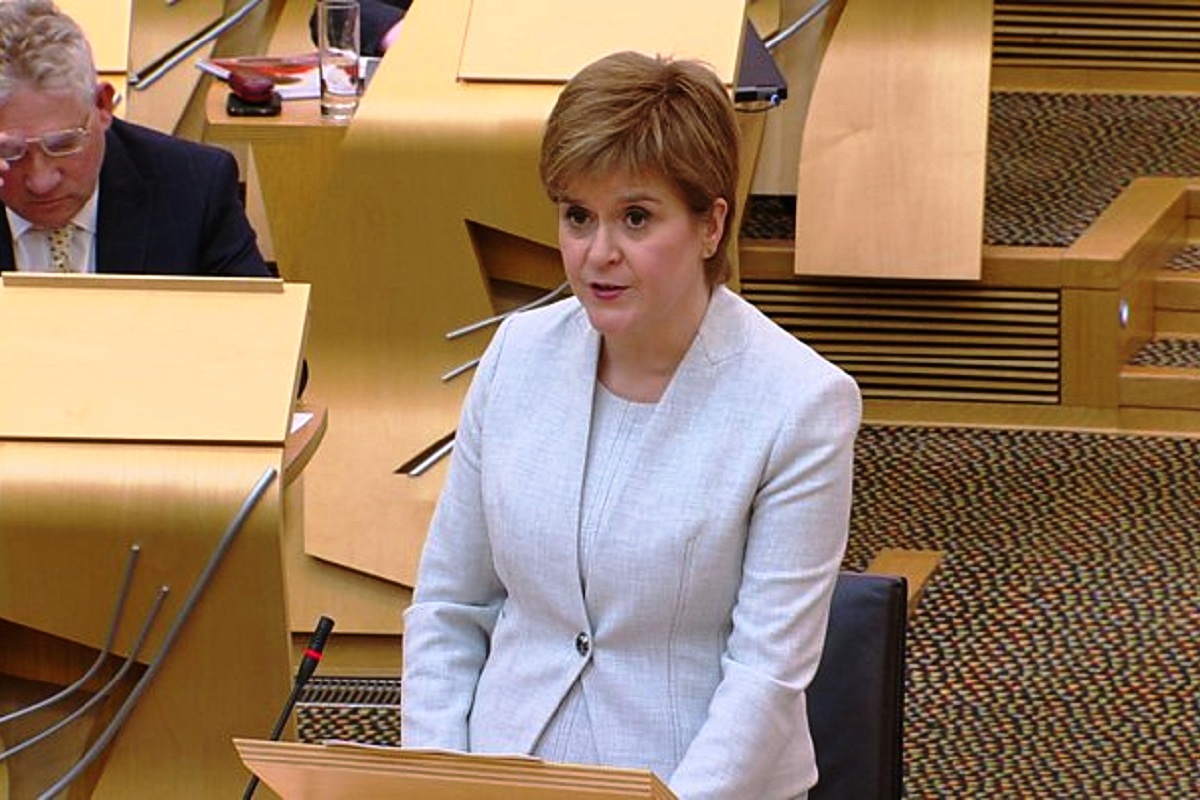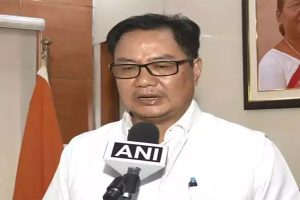Well might Scotland’s First Minister, Nicola Sturgeon, celebrate the electoral victory of the Scottish National Party (SNP) as “historic and extraordinary”. Not the least because it is the party’s fourth consecutive triumph, one that is bound to give impetus to efforts to break Scotland from the United Kingdom.
Though quite obviously the government’s priority is the pandemic, it is profoundly significant that Ms Sturgeon intends to hold an independence referendum once the crisis is over.
“The task of building a better Scotland for everyone who lives here will be my priority every single day,” Ms Sturgeon has said in her first address to the people. While the British Prime Minister, Boris Johnson, has invited the “devolved nations” to a Covid recovery summit, differences have surfaced already between Ms Sturgeon and the resident of 10 Downing Street who had spearheaded the break from the European Union.
Ms Sturgeon was emphatic on the point that there was no democratic justification for the Prime Minister, or anyone else, to attempt to block the “divorce”, so to speak, from EU. Equally stout in his opposition was Mr Johnson who said talk of “ripping our country apart” would be “irresponsible and reckless”.
Ergo, the presumptuous separation of Scotland shall remain a contentious issue for some time yet. The Prime Minister congratulated Ms Sturgeon and the Welsh First Minister, Mark Drakeford, on their reelection and invited them to a meeting “to discuss our shared challenges and how we can work together in the coming months and years to overcome them”.
Ms Sturgeon said her party had won the maximum number of constituency seats and secured the highest share of the constituency vote in the history of devolution. “And, yes, when the crisis has passed, it is to give people in Scotland the right to choose their future. All of that is what I promised and all of that is what I intend to deliver.”
In terms of devolution, therefore, she has made her position clear, whatever the qualms of Mr Johnson. In the moment of victory, she has insisted that holding a referendum was now “the will of the country”. The SNP has pledged to push forward legislation for a second Scottish independence referendum and has said it could go to court if the UK government attempts to block it.
Ms Sturgeon has said she will not hold an illegal “wildcat vote” on the issue of referendum, arguing that it would not actually lead to Scotland becoming independent because the result would not be recognised by the UK government or the international community.
She has repeatedly stressed that she would only want a referendum to be held once the pandemic is over. Opinion polls suggest that voters are split 5050 on the question of whether Scotland should be an independent country. It is a profoundly intricate issue for a country that had not backed Britain’s referendum in June 2016.











